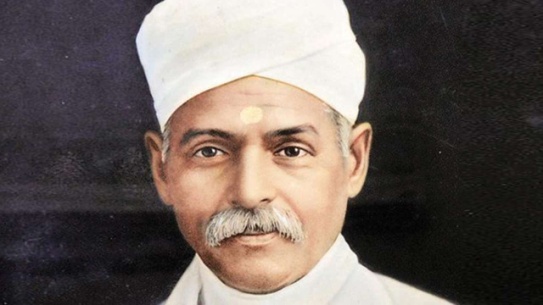Free Courses Sale ends Soon, Get It Now


Free Courses Sale ends Soon, Get It Now



Disclaimer: Copyright infringement not intended
Context
About
Works
https://pib.gov.in/PressReleseDetail.aspx?PRID=1785047











© 2024 iasgyan. All right reserved